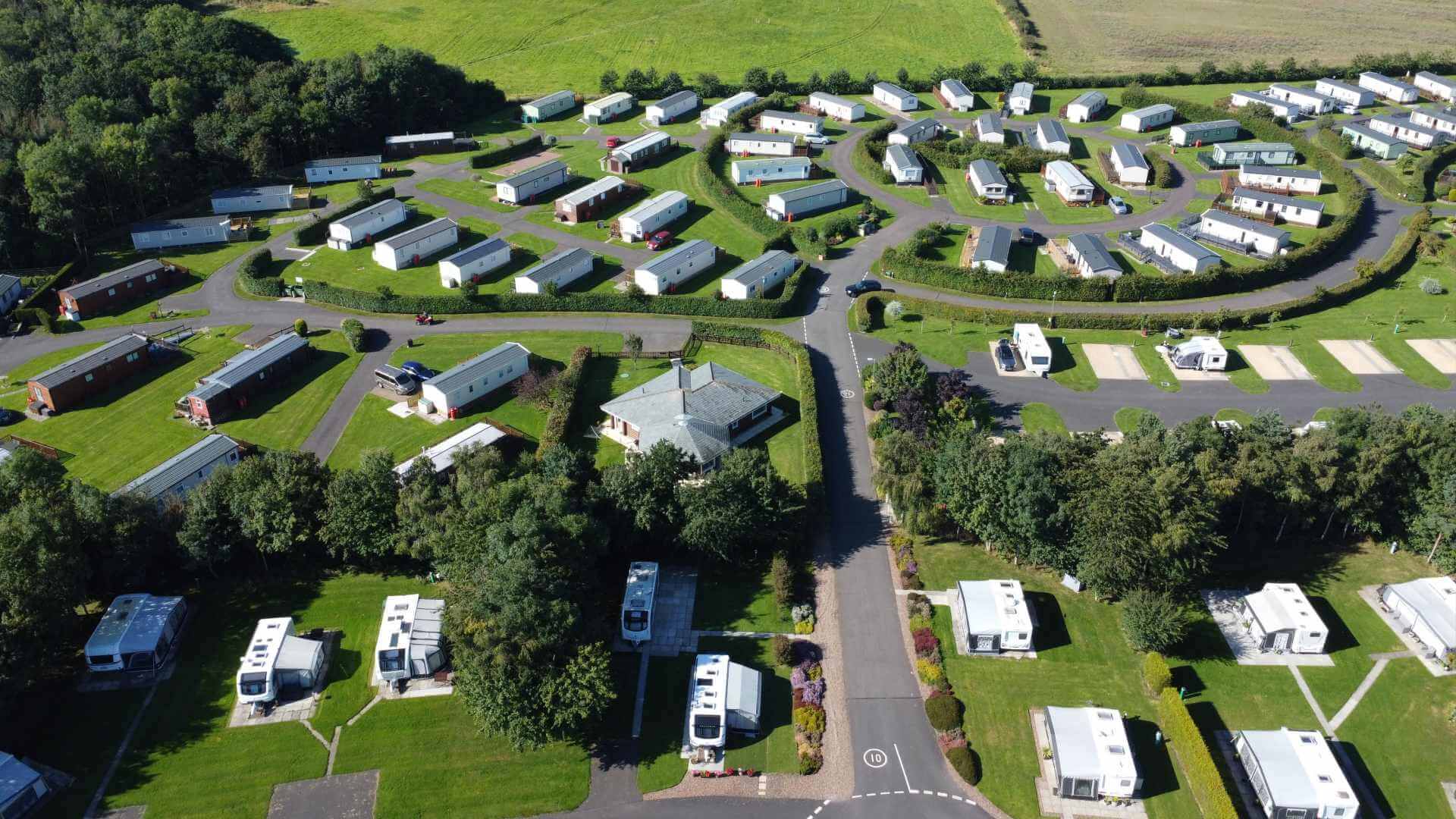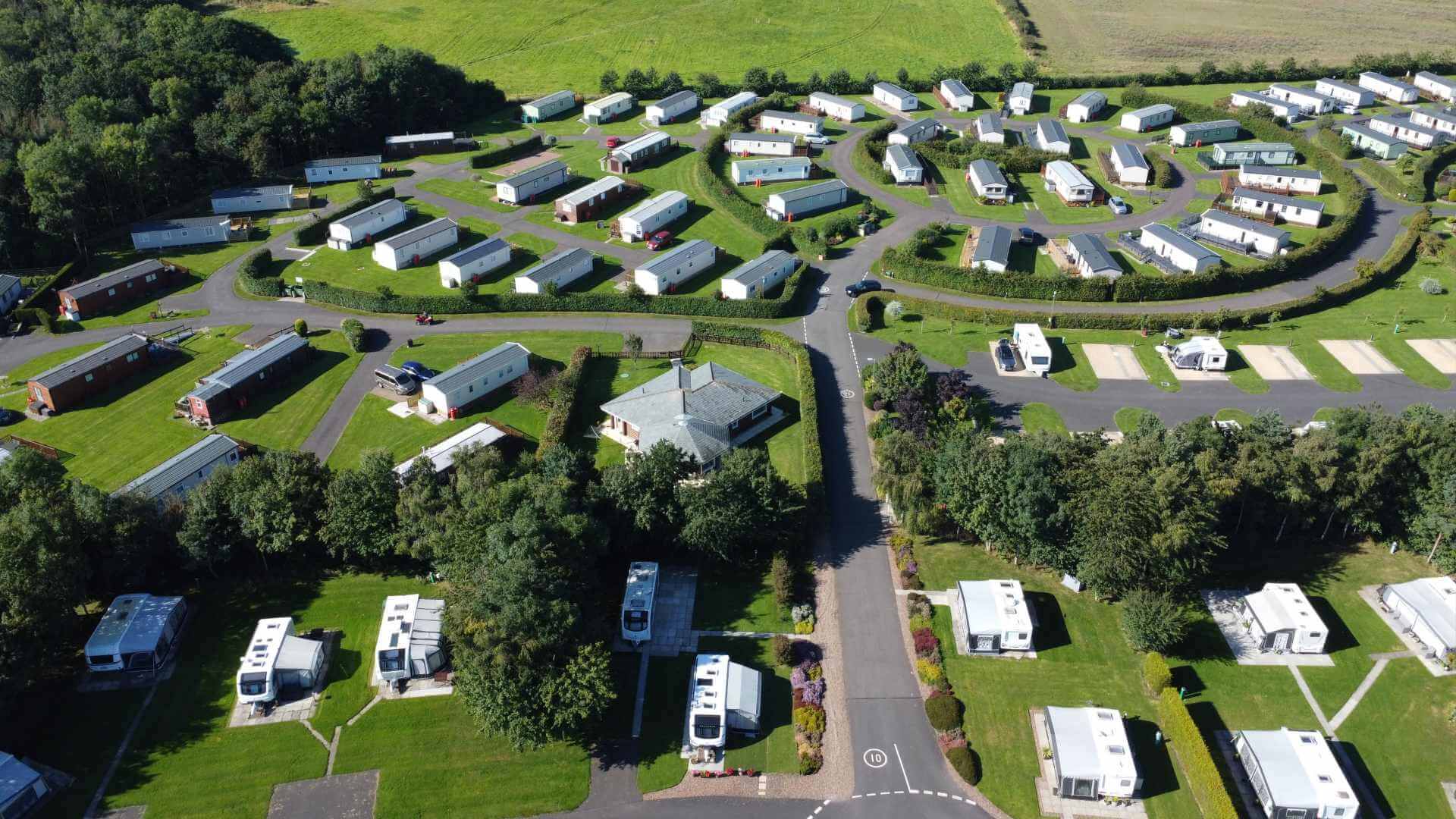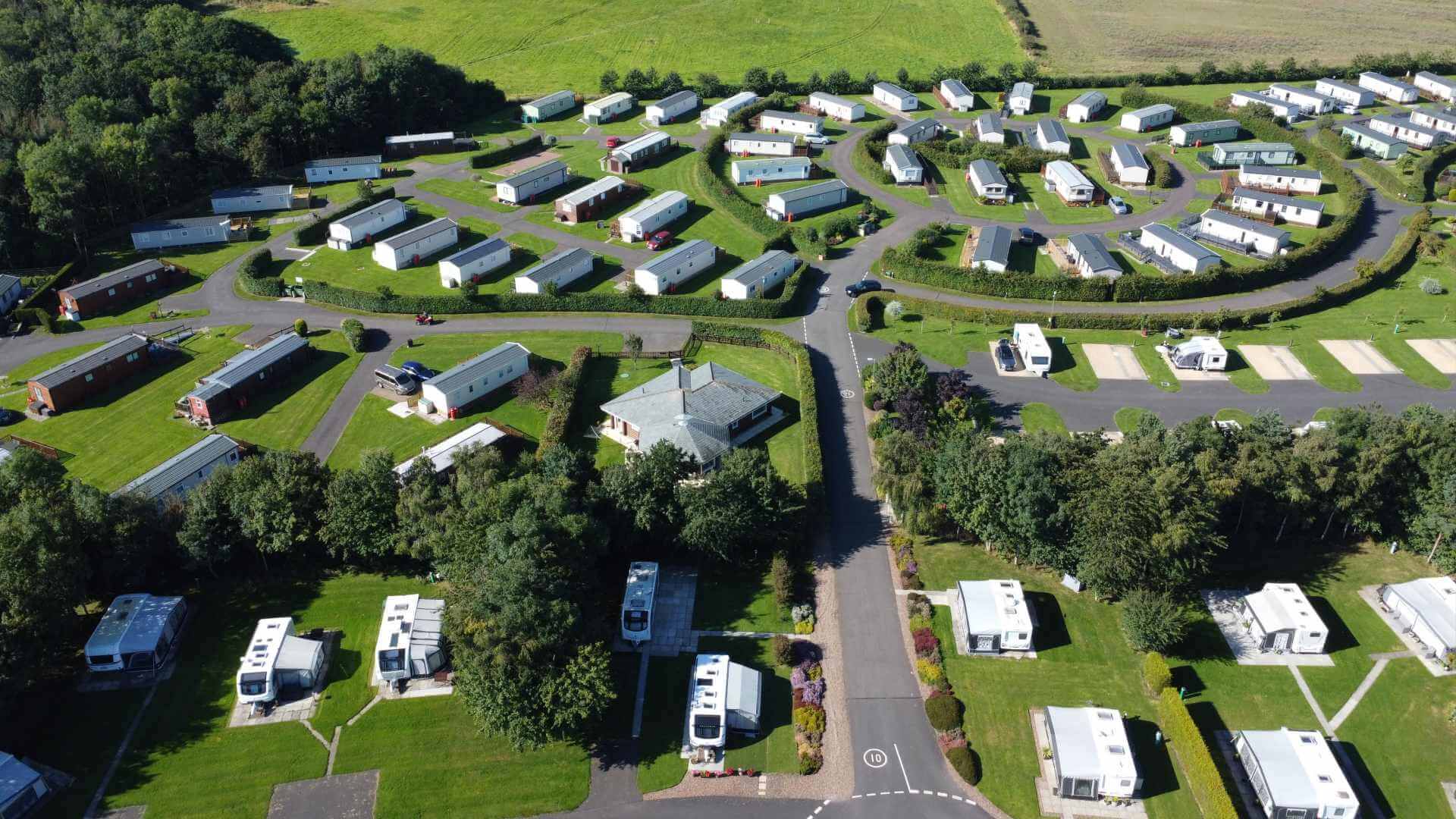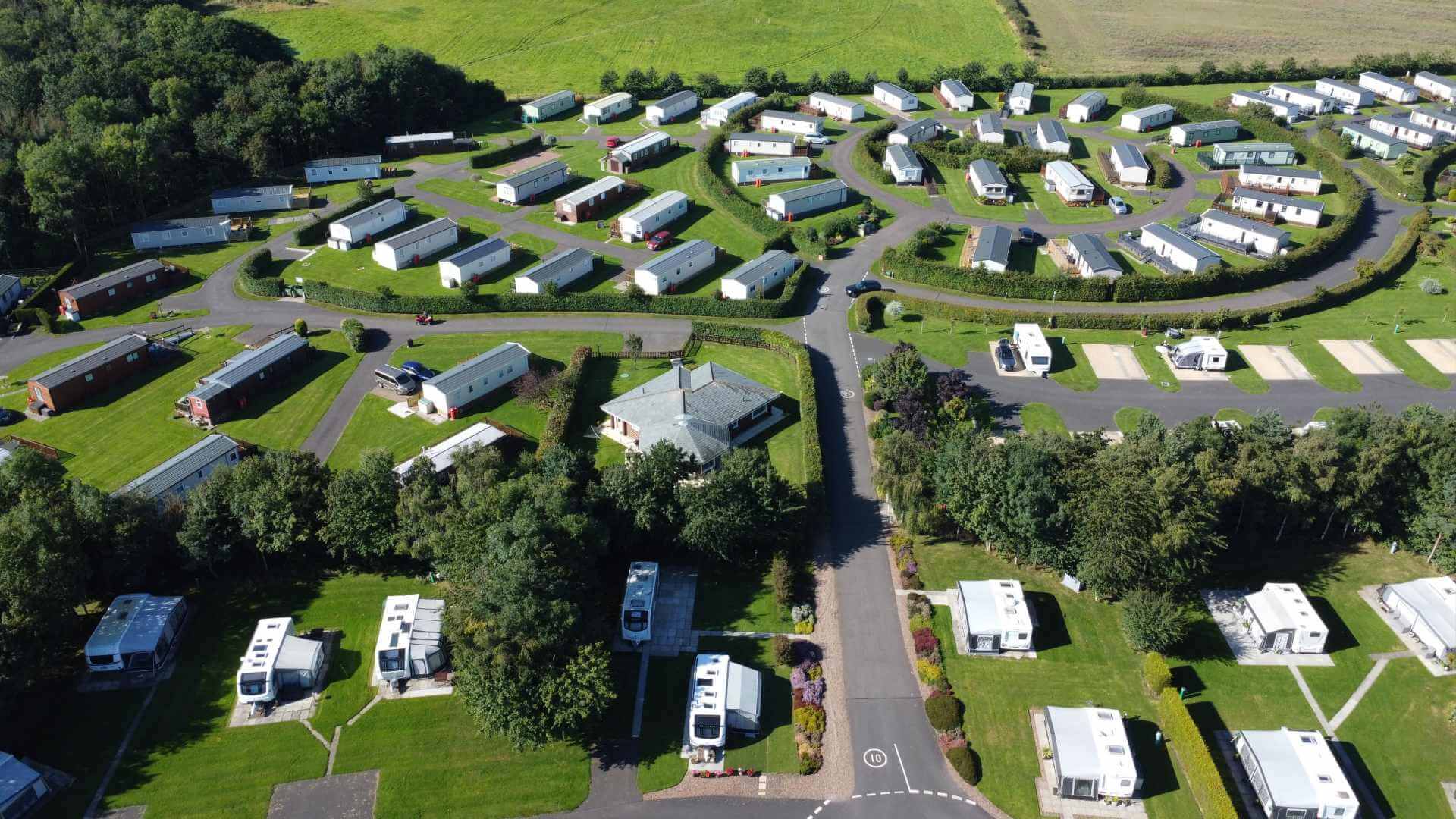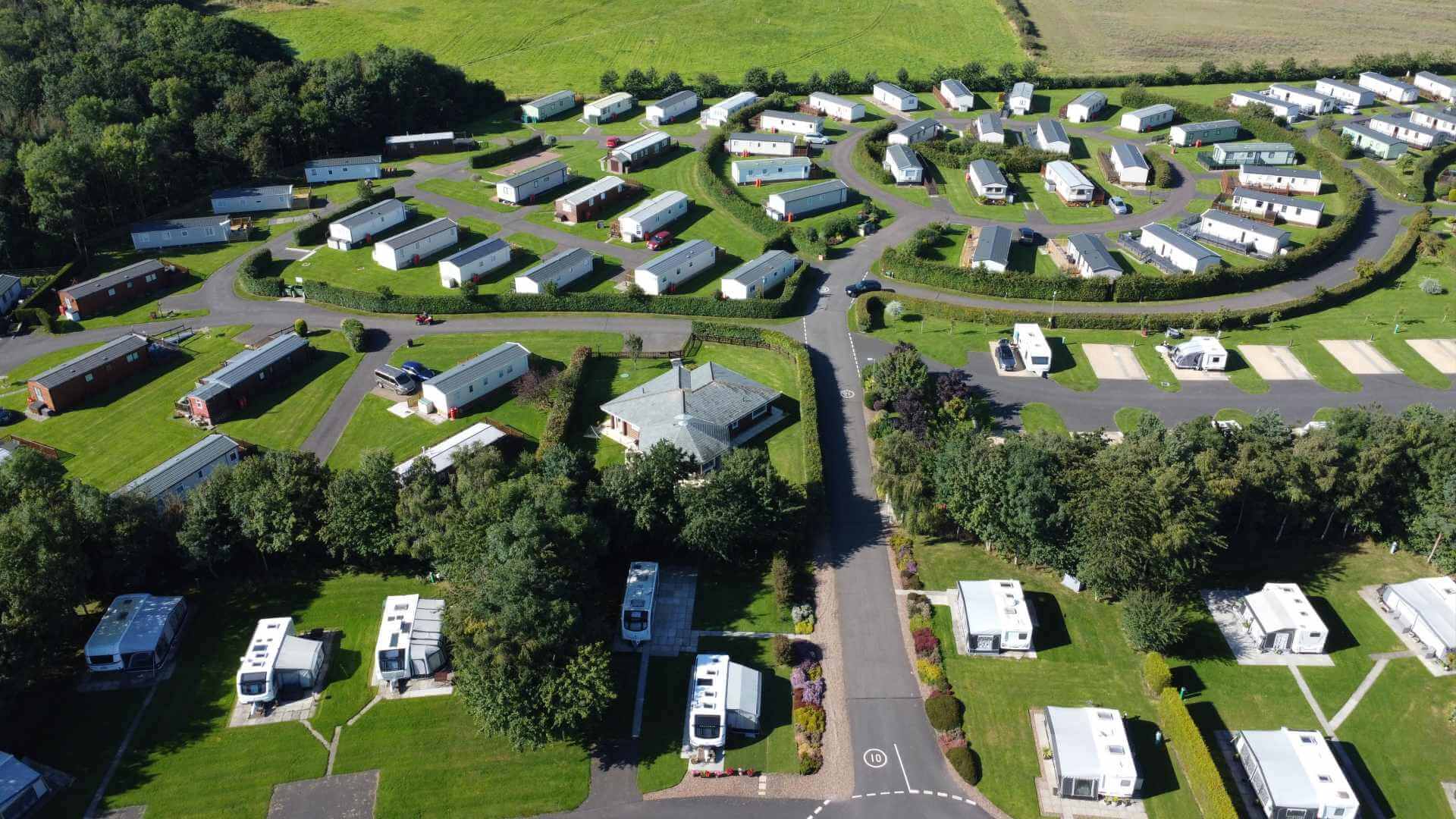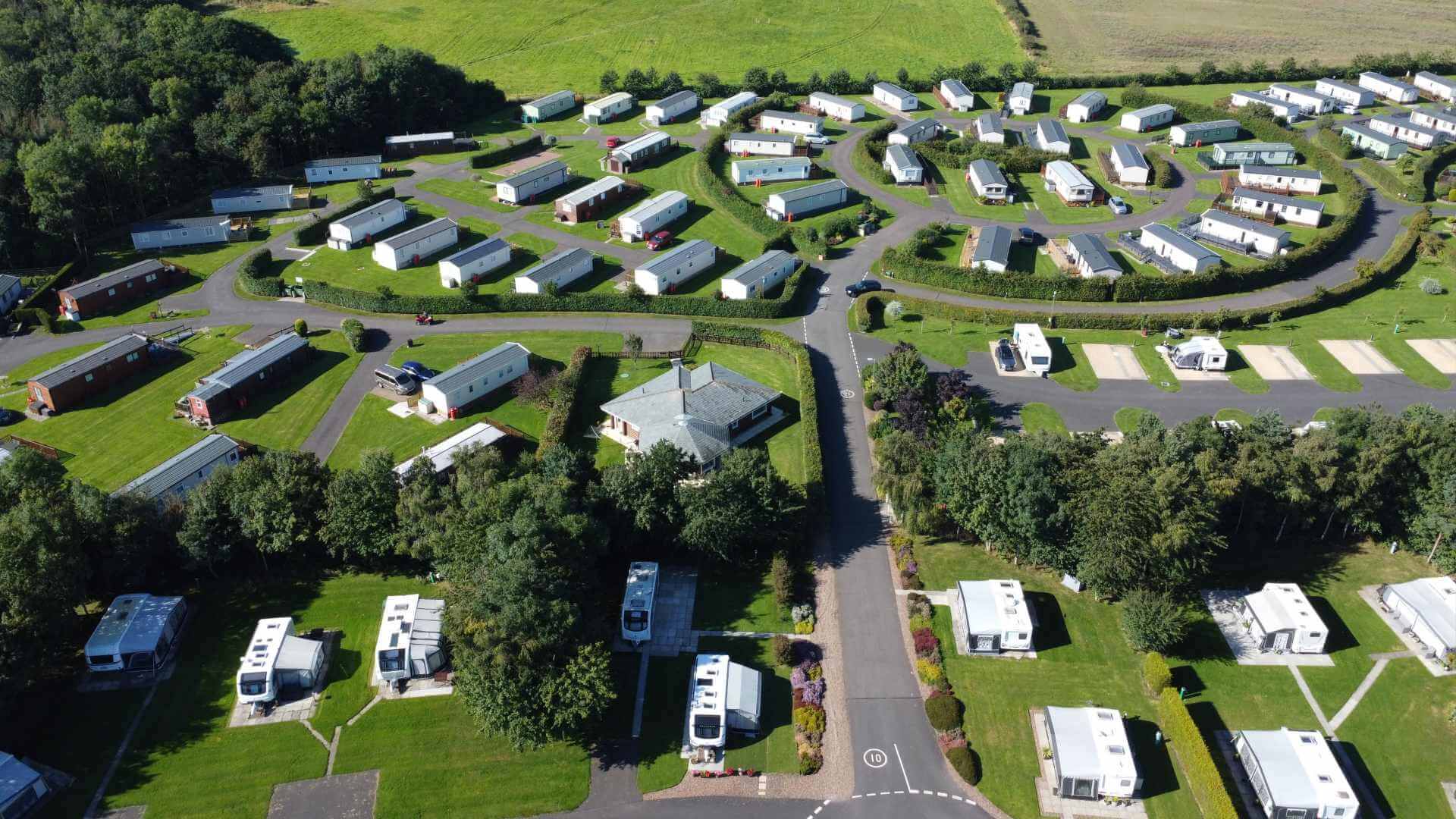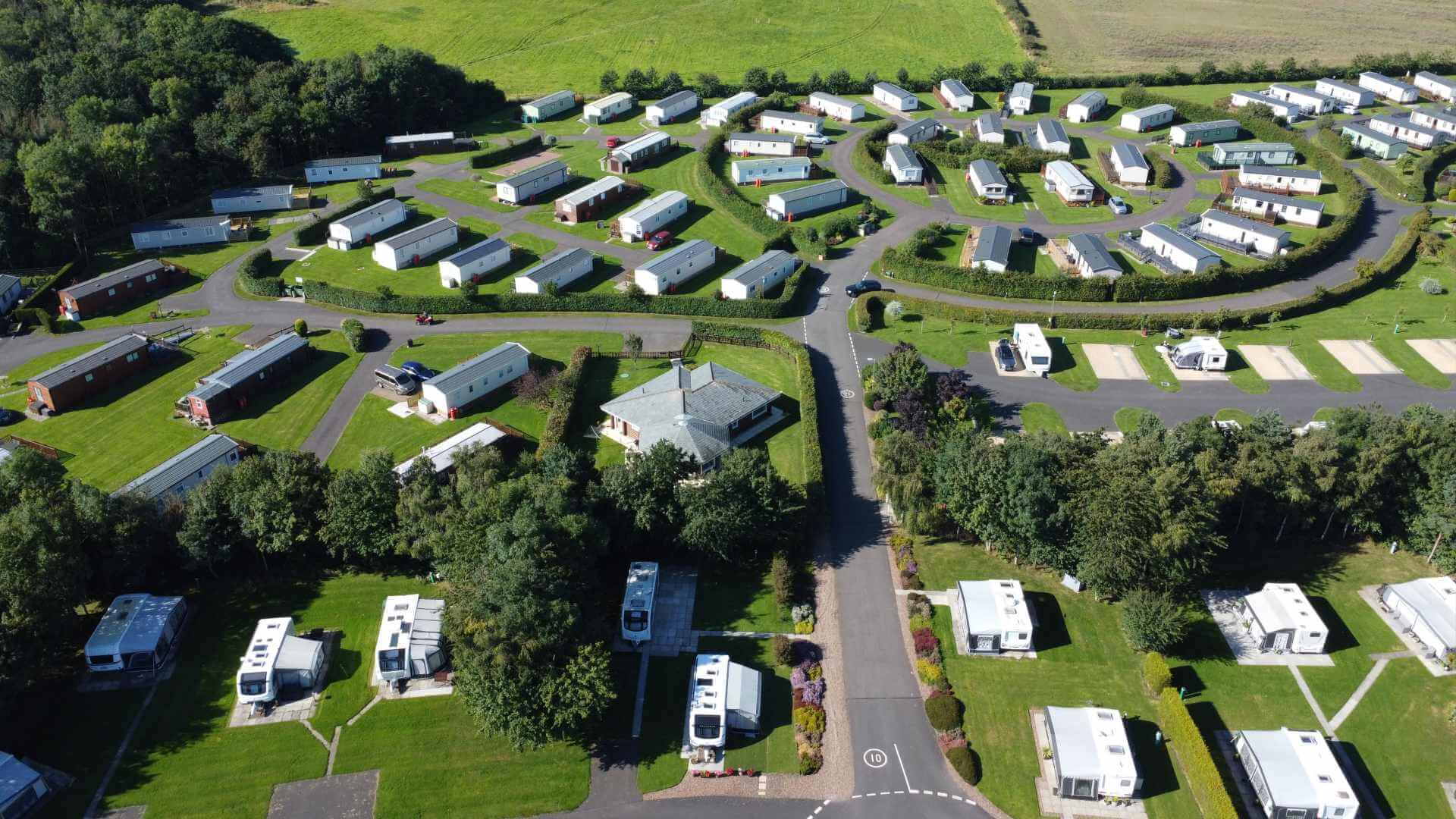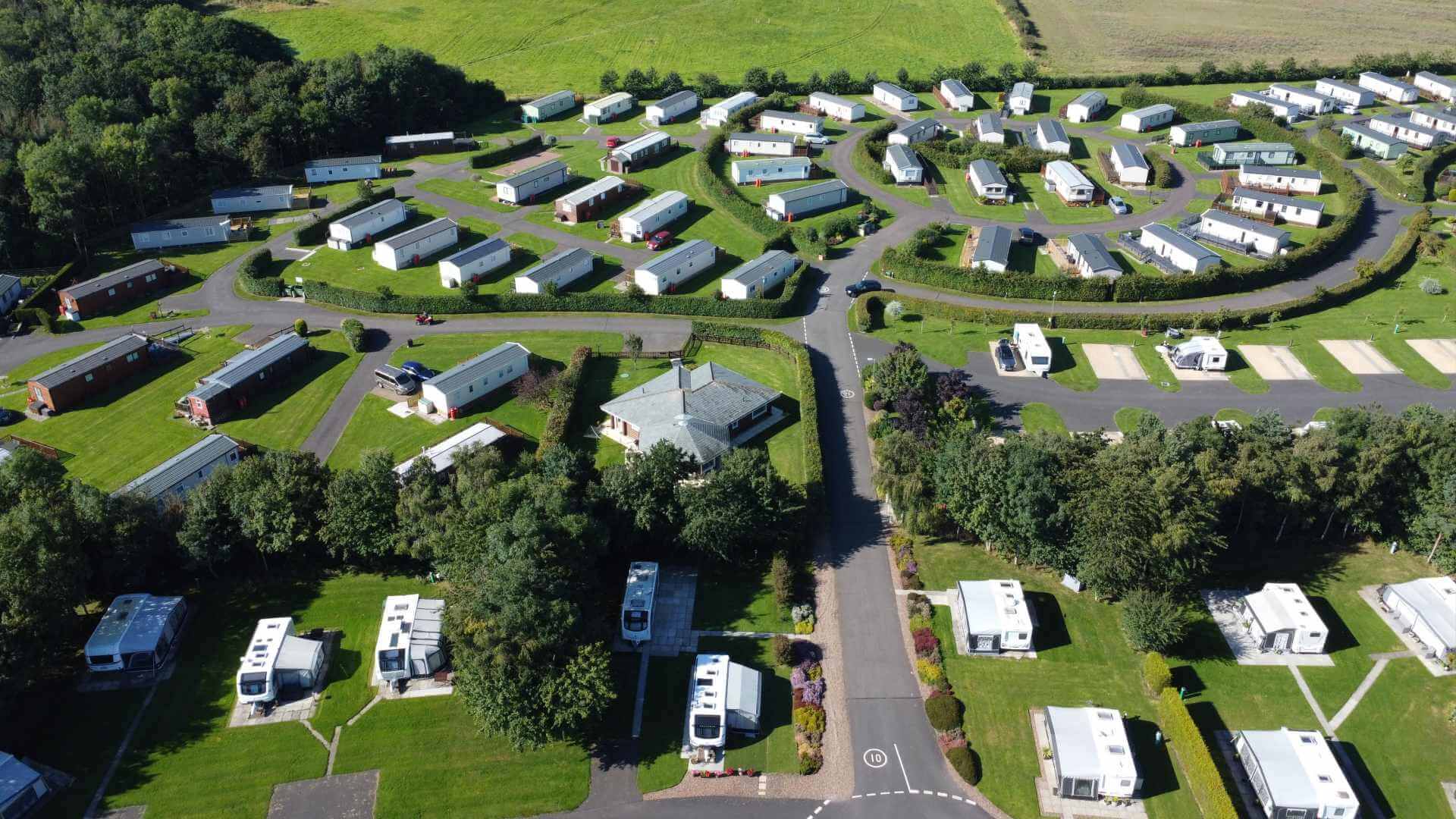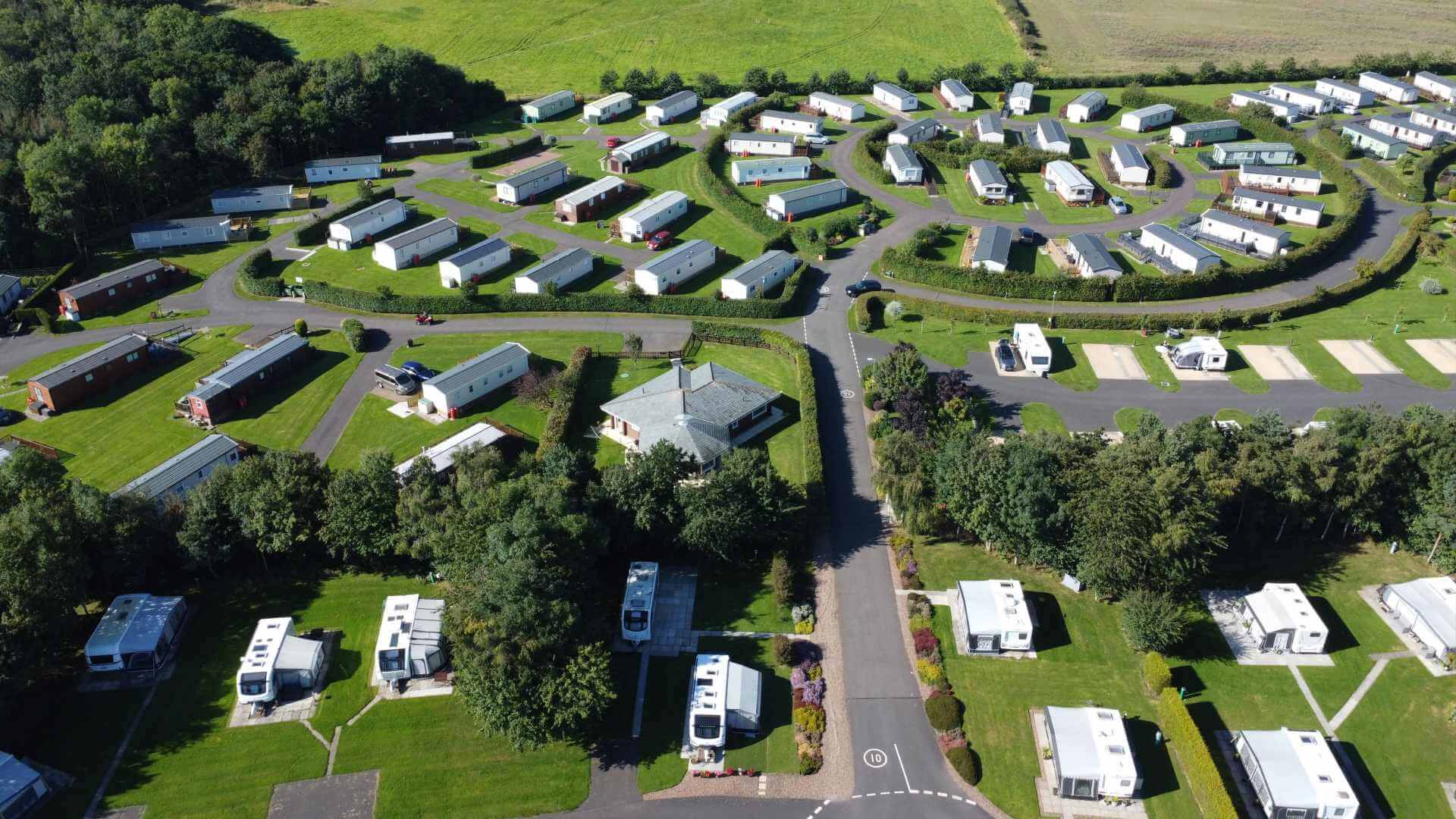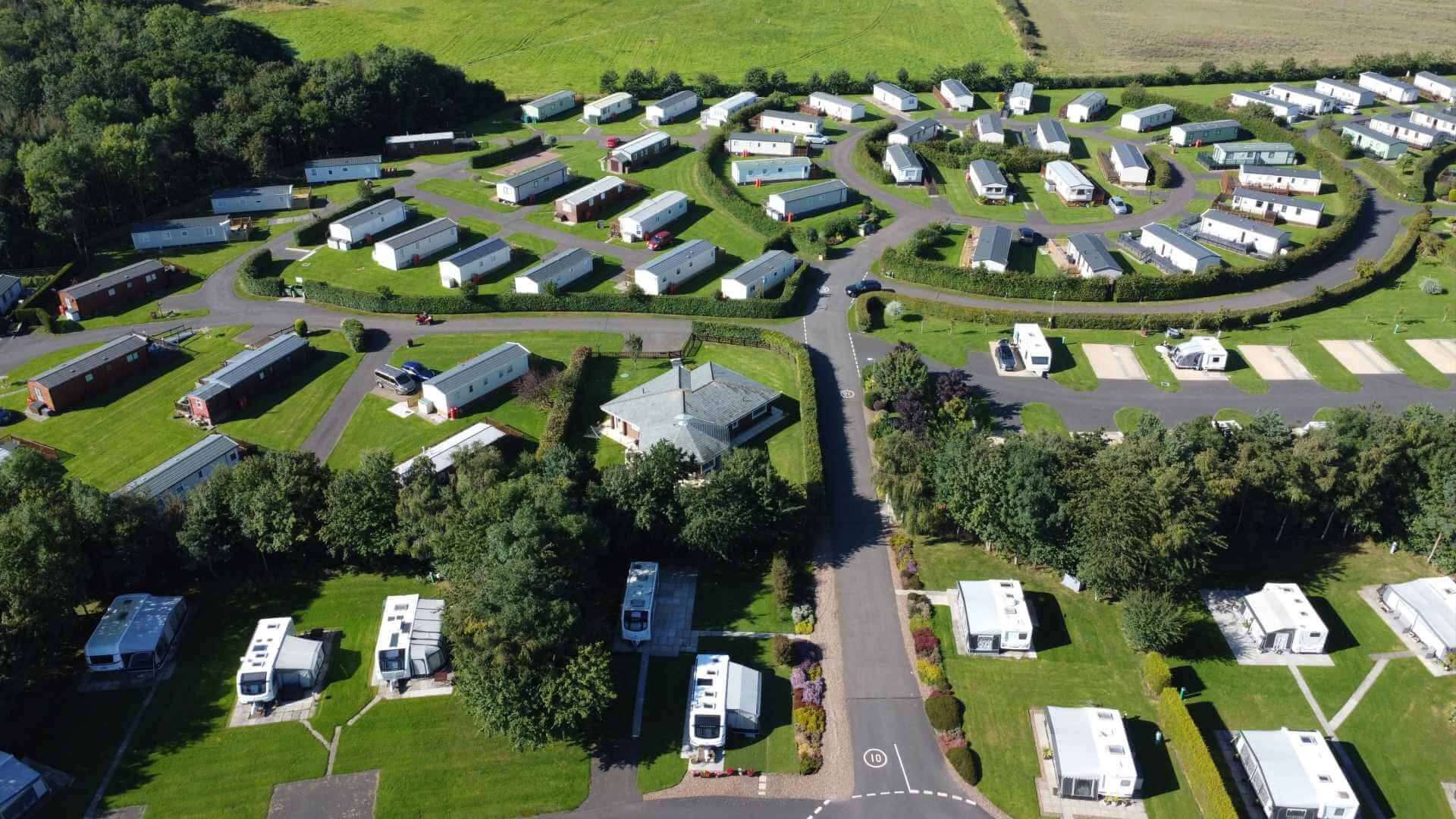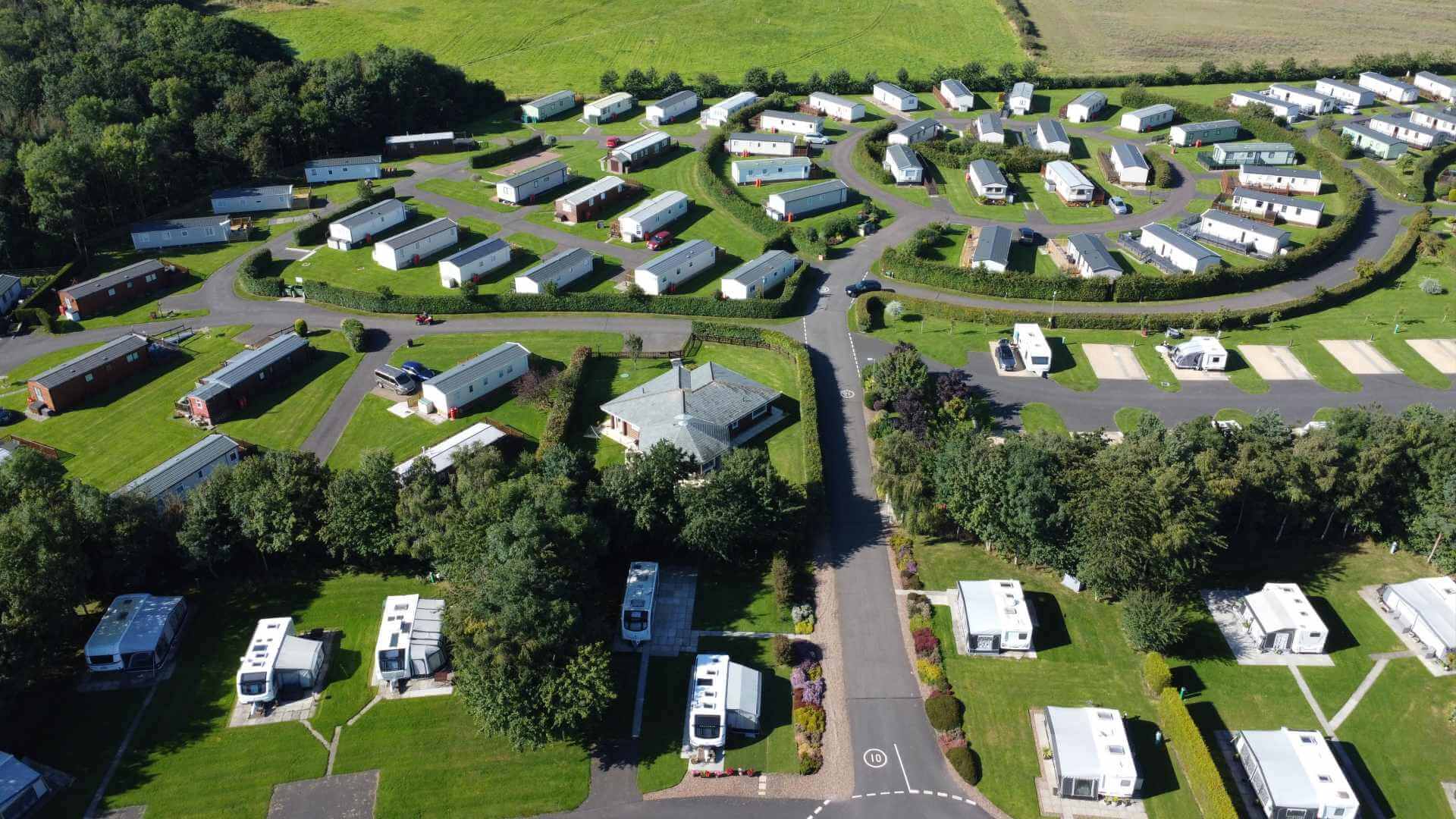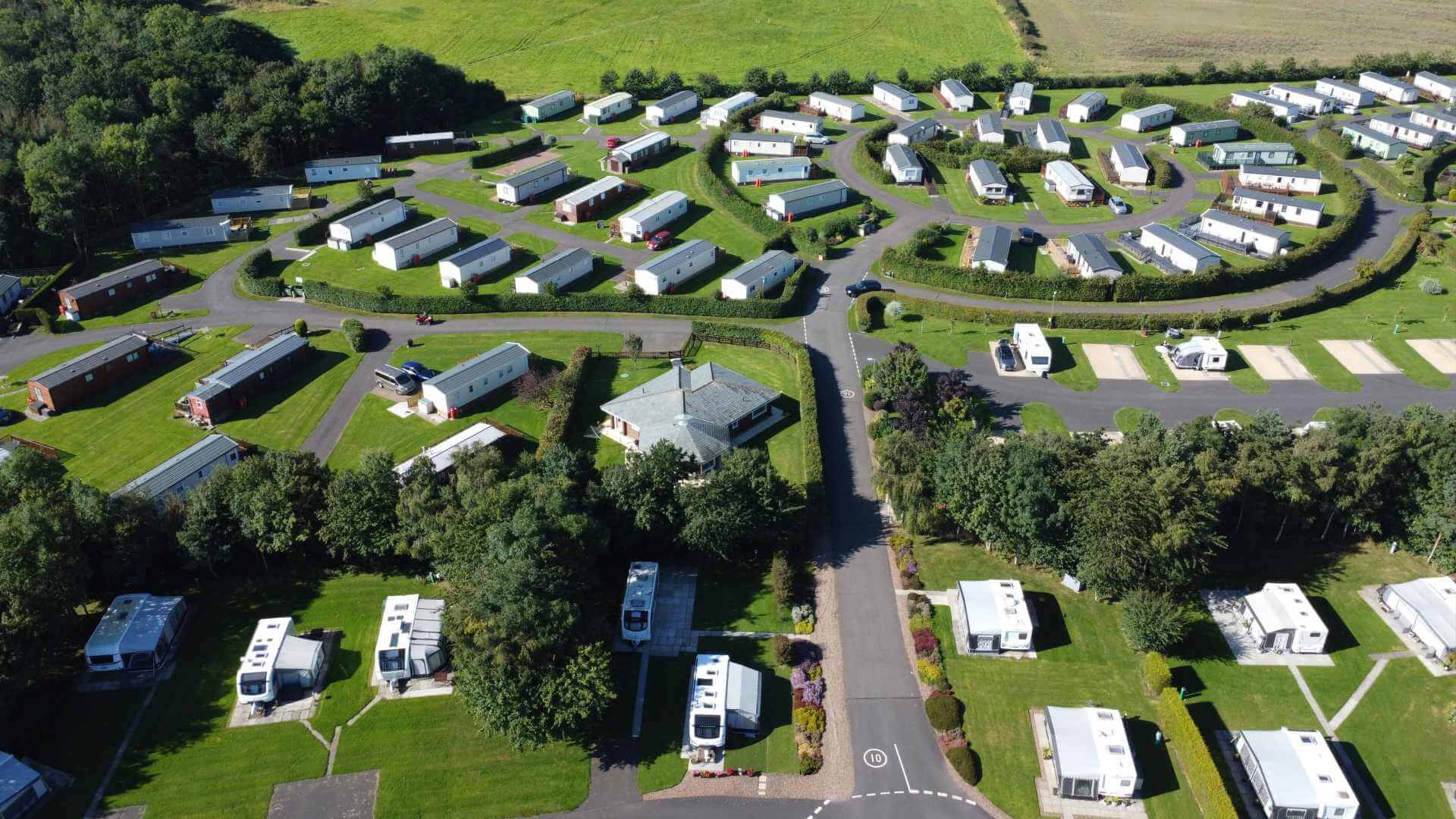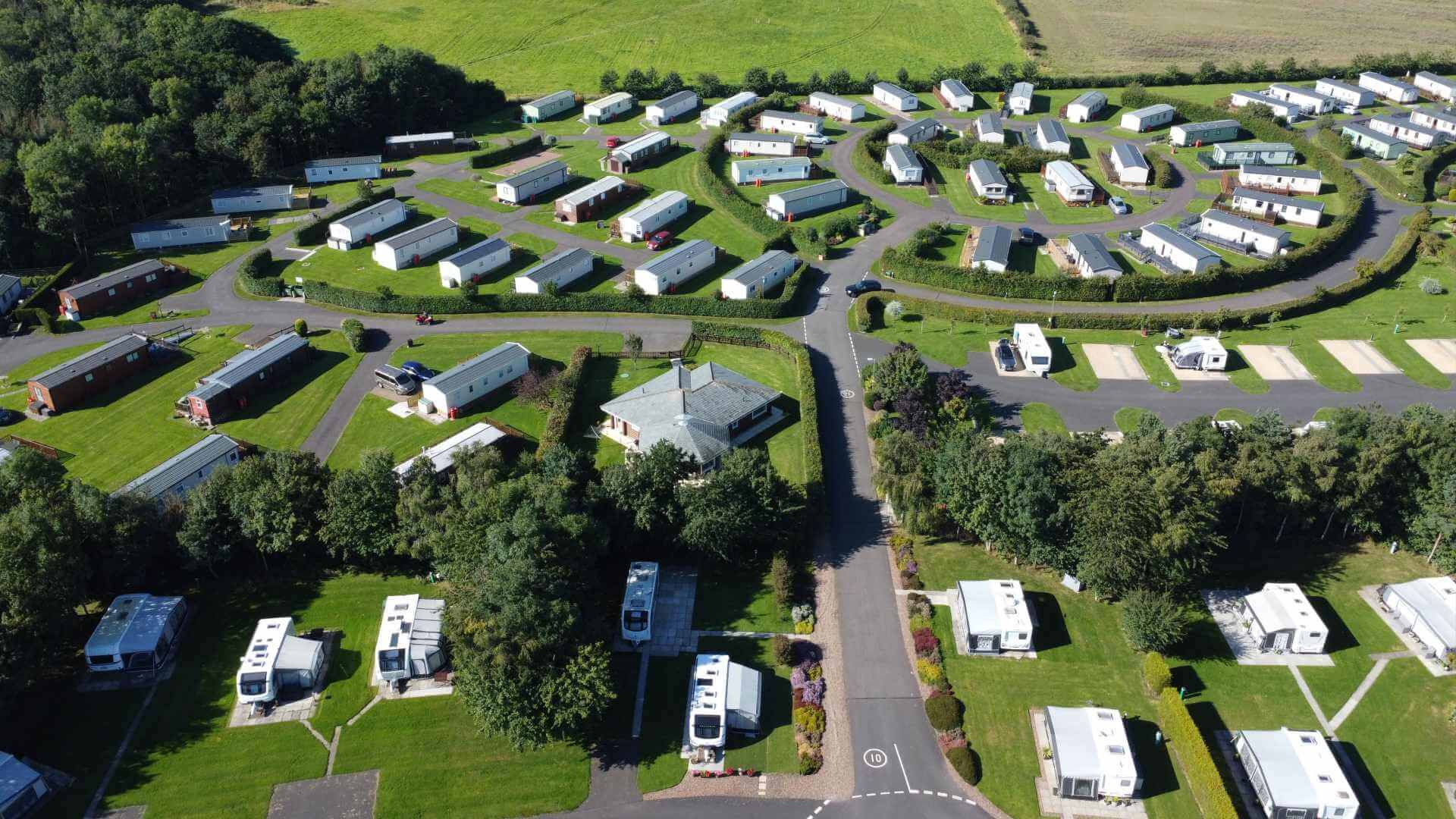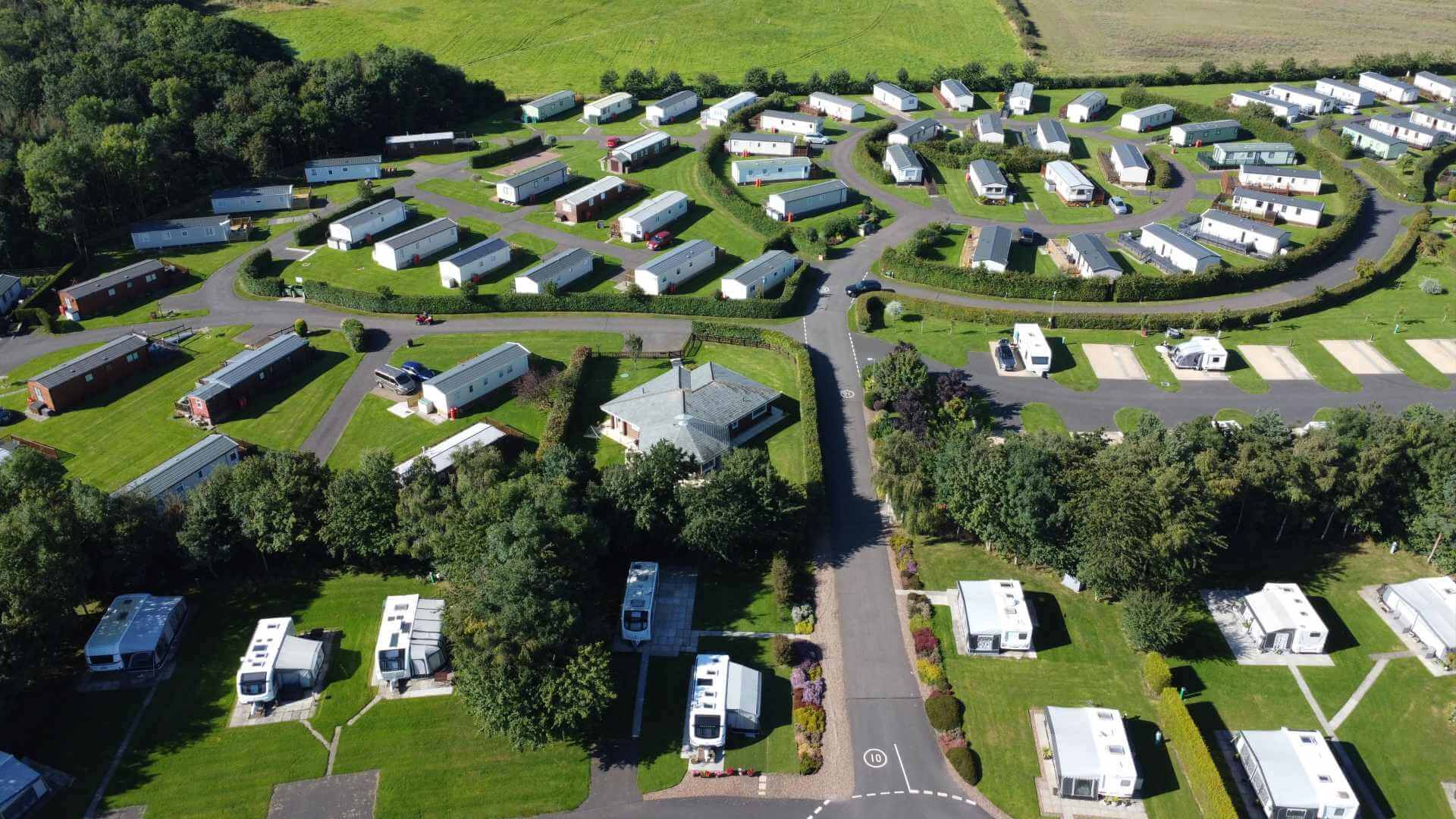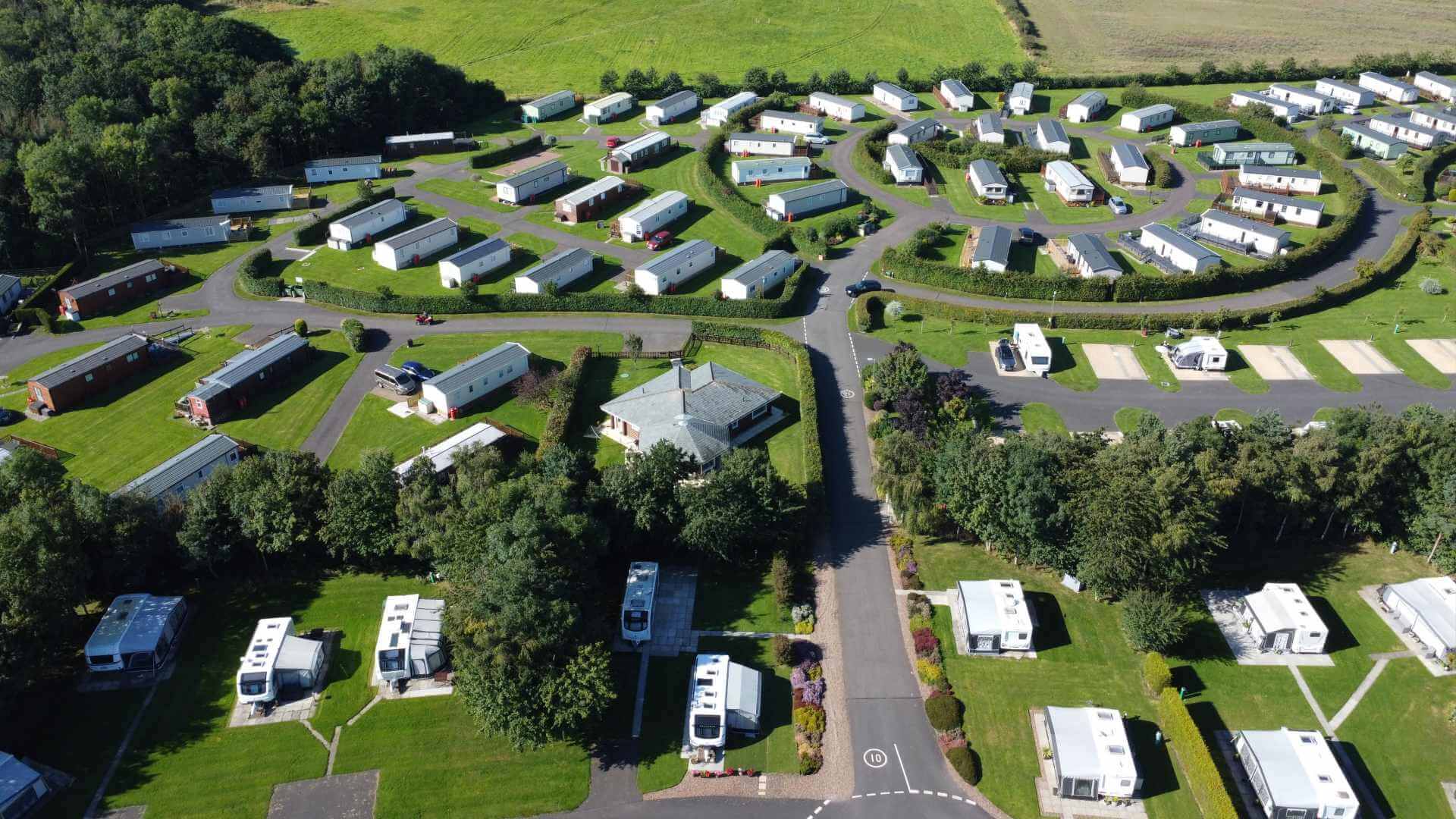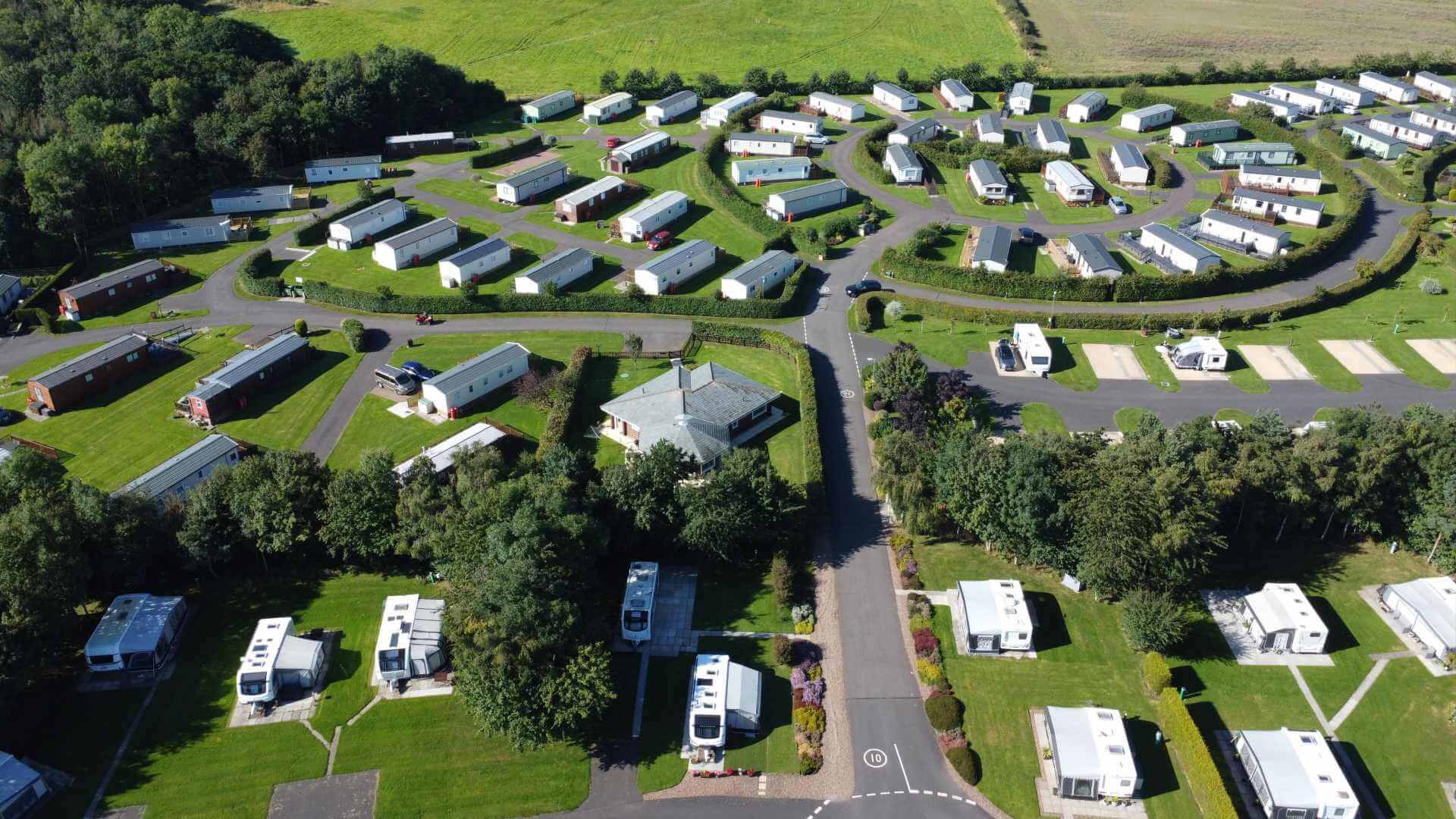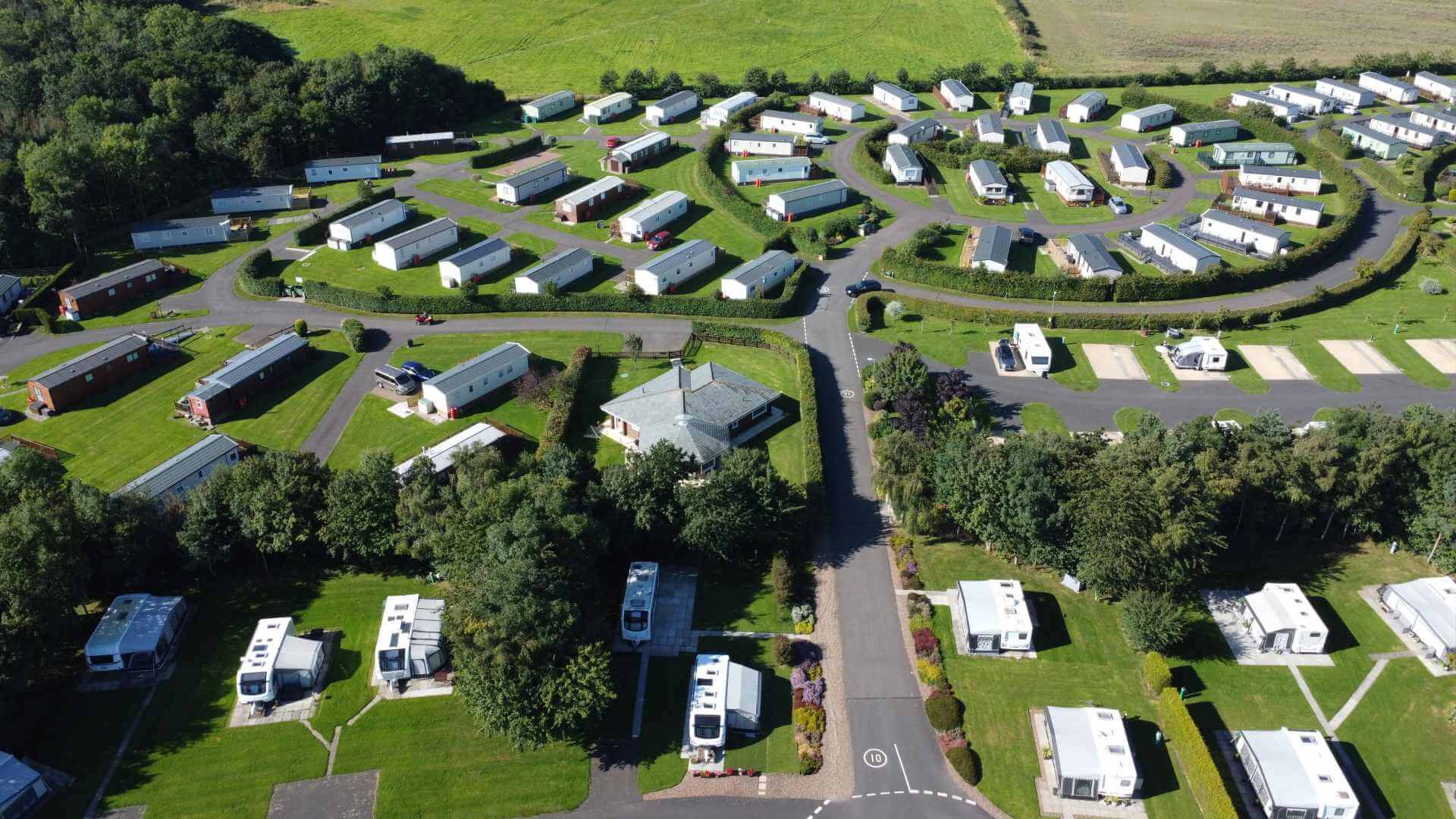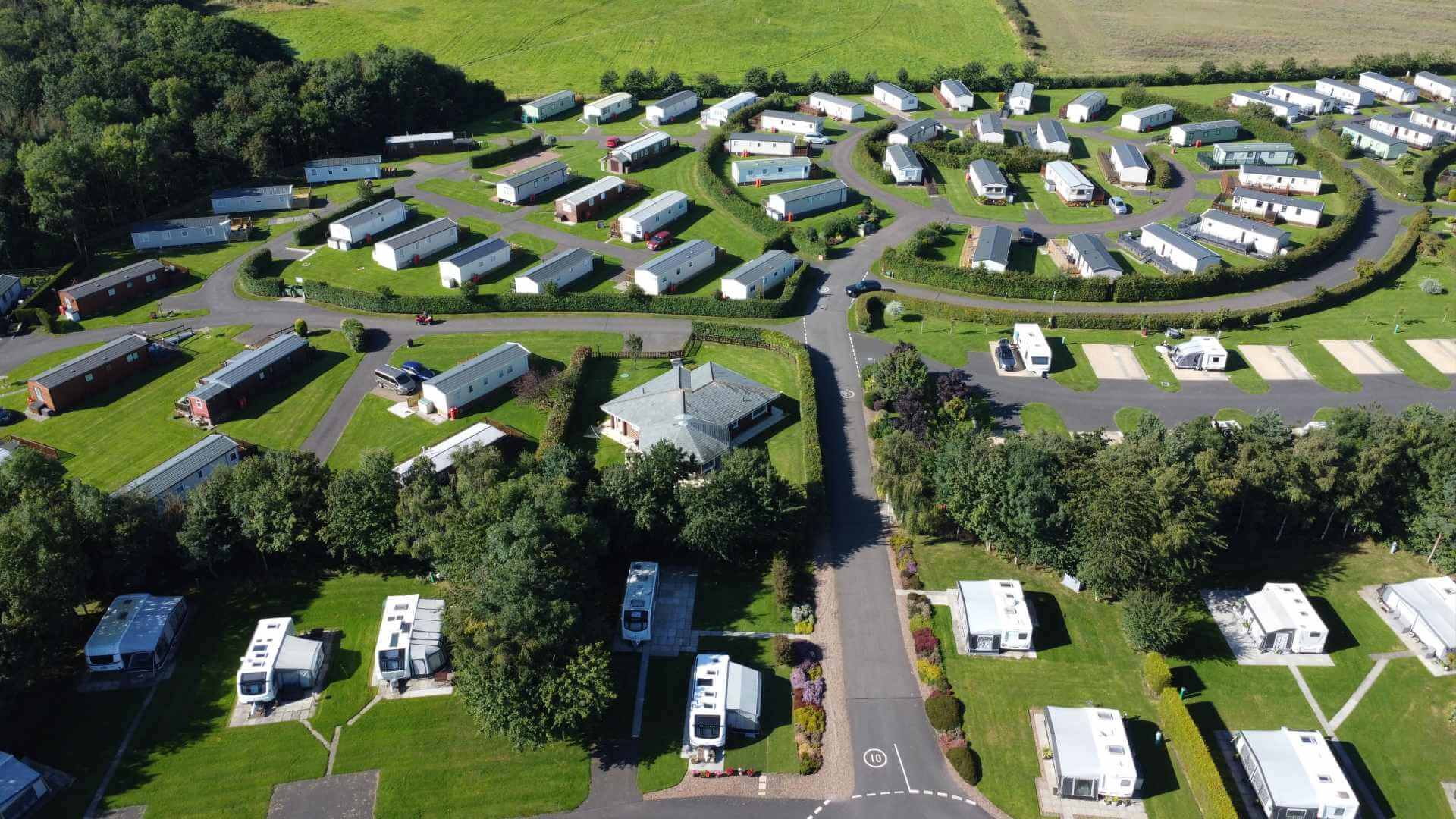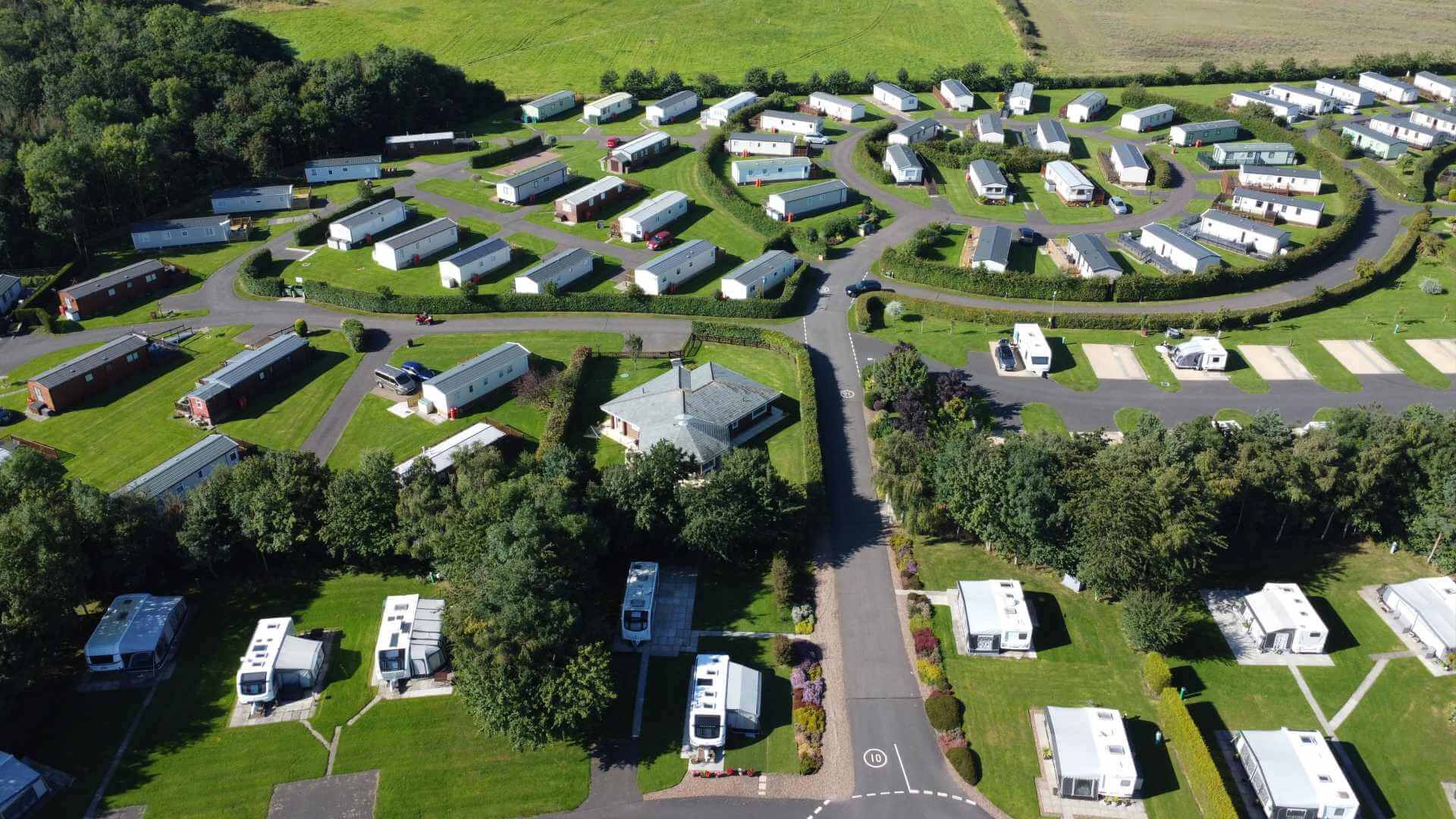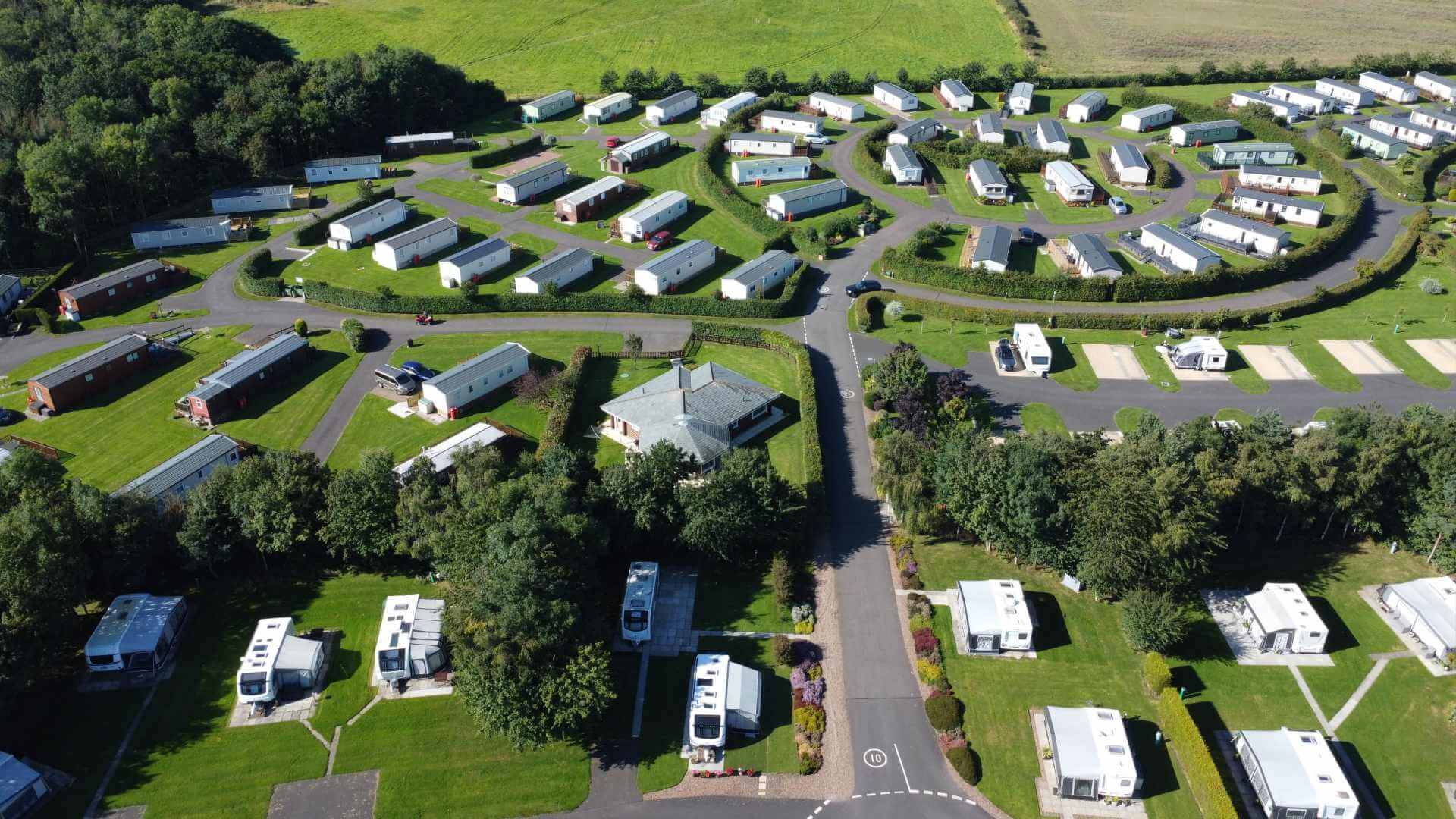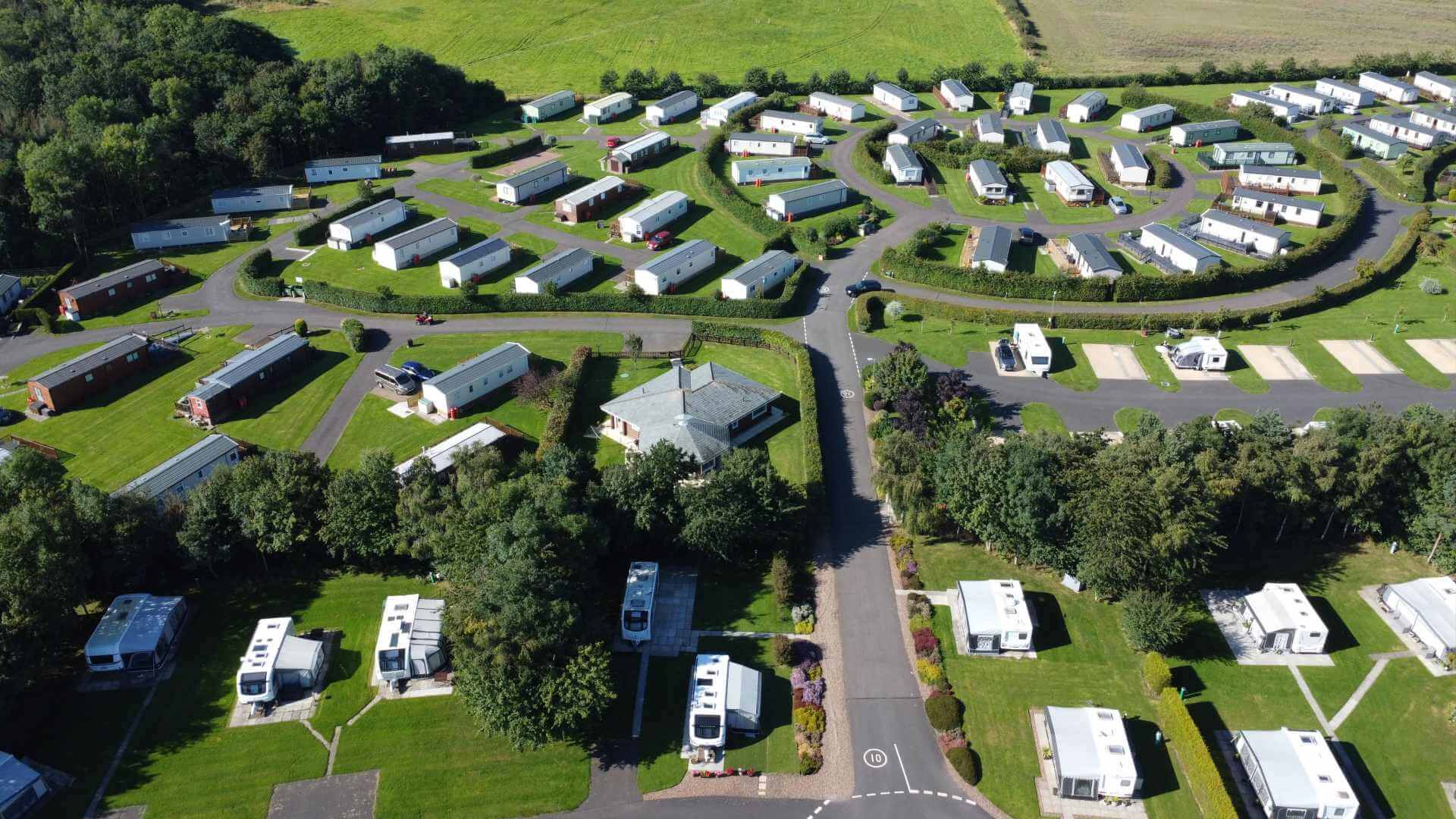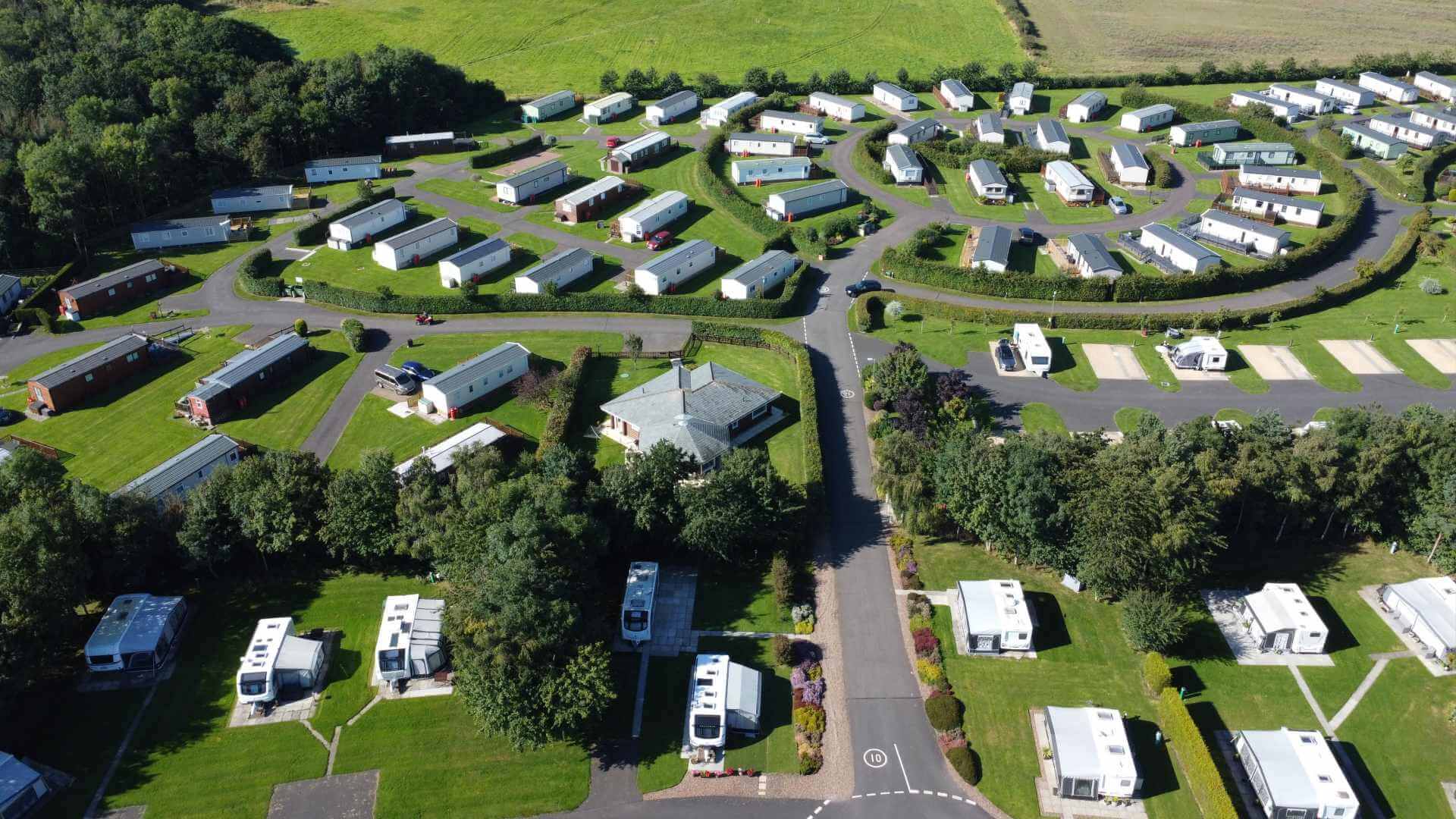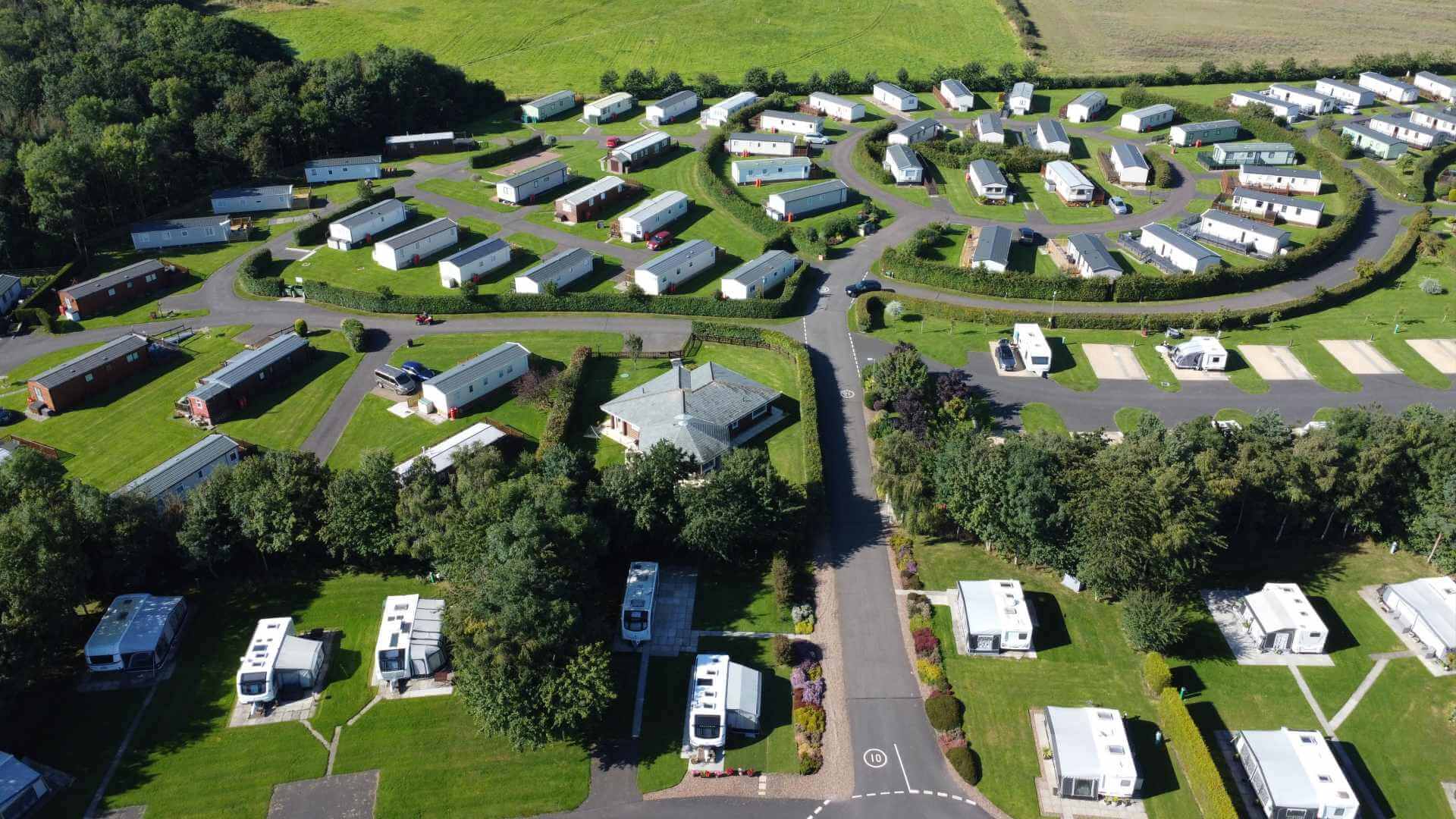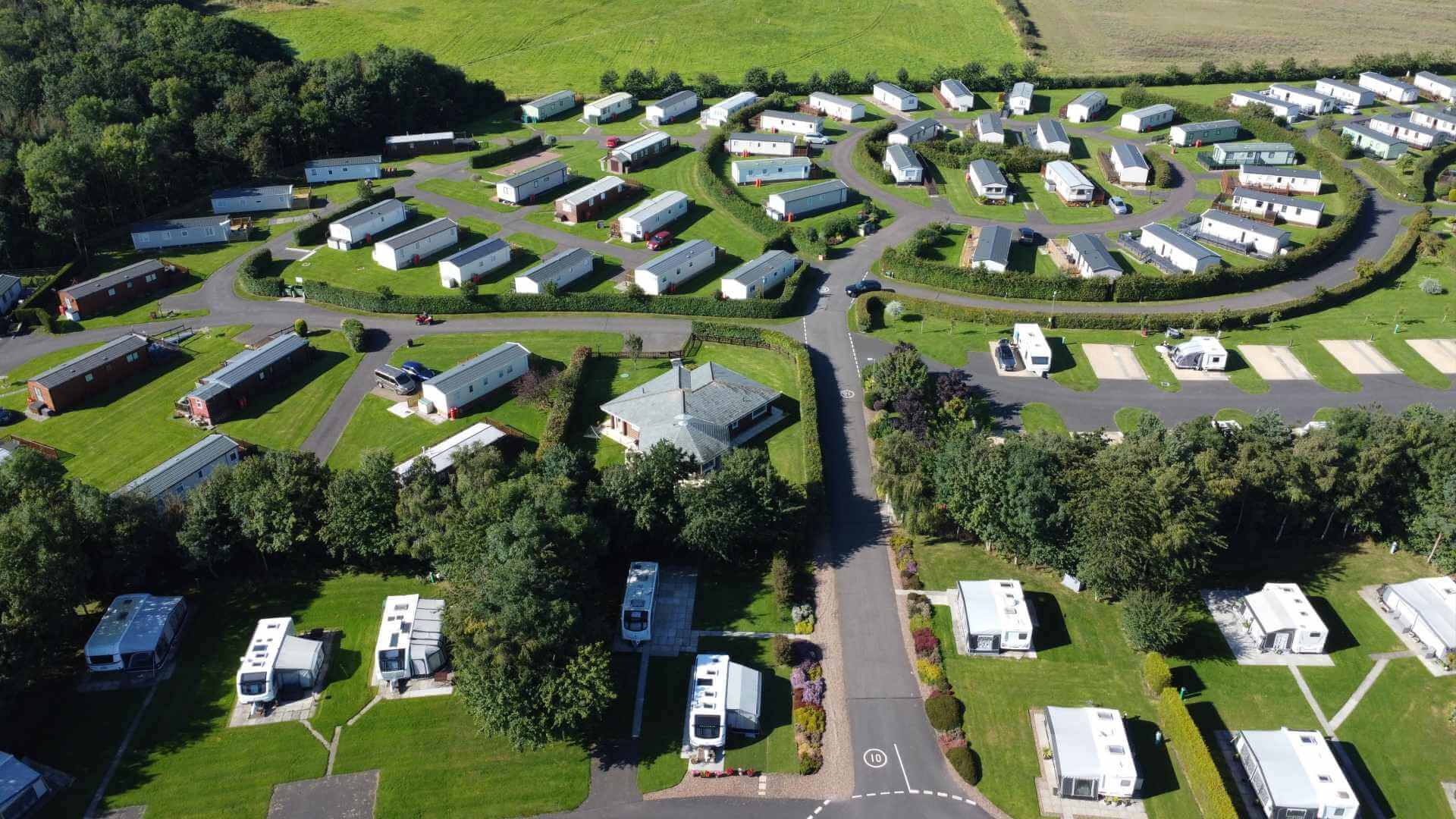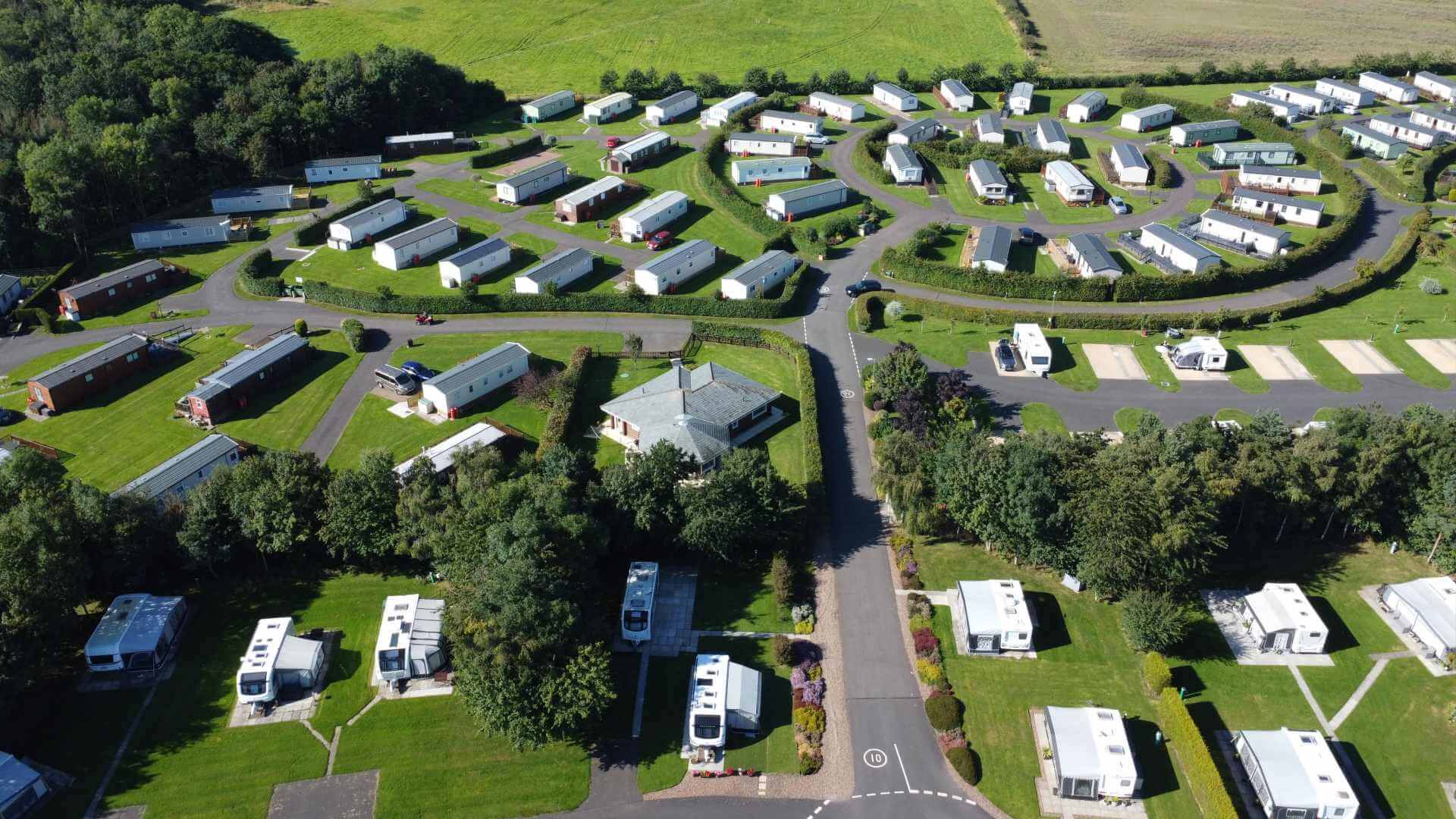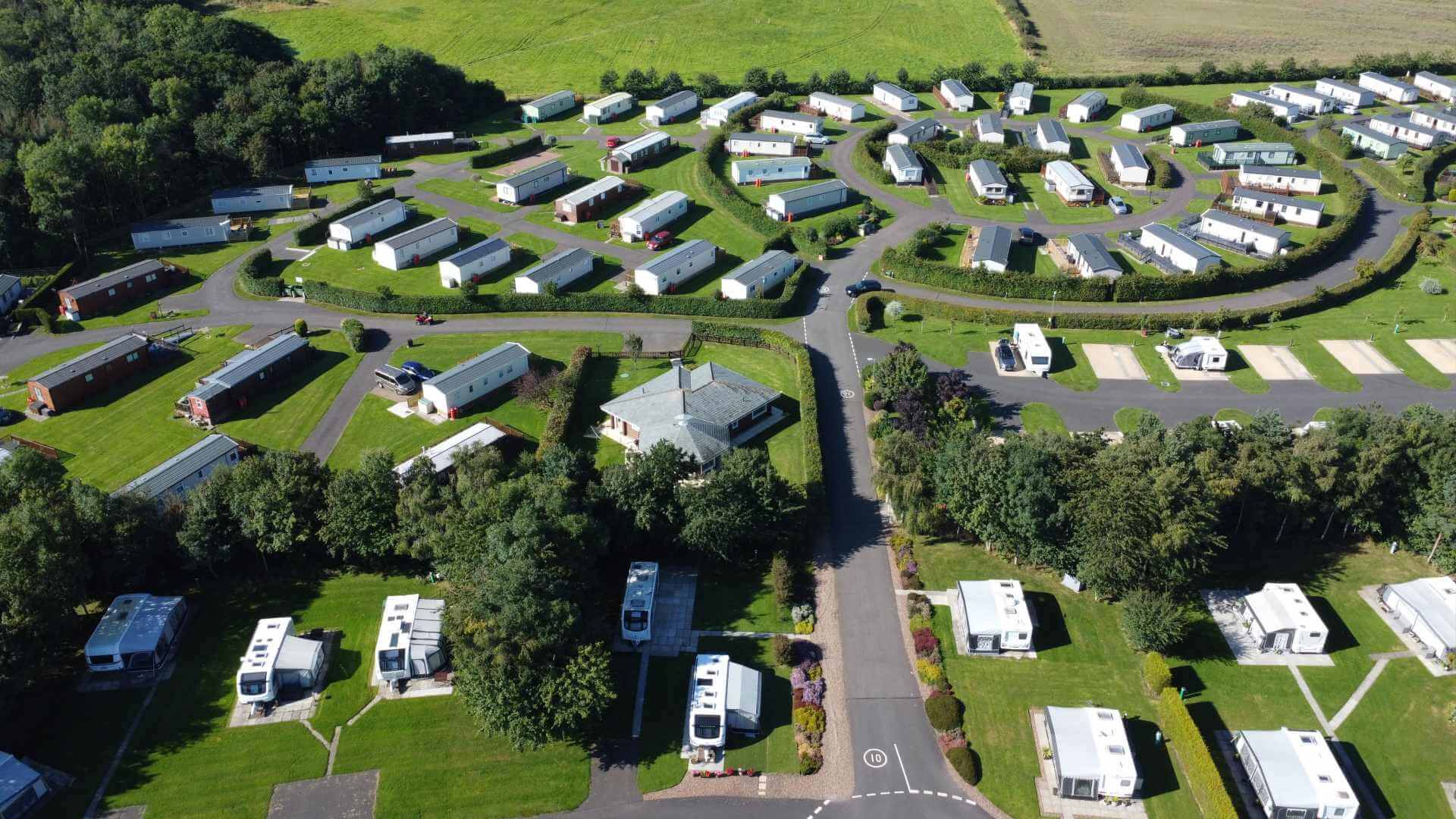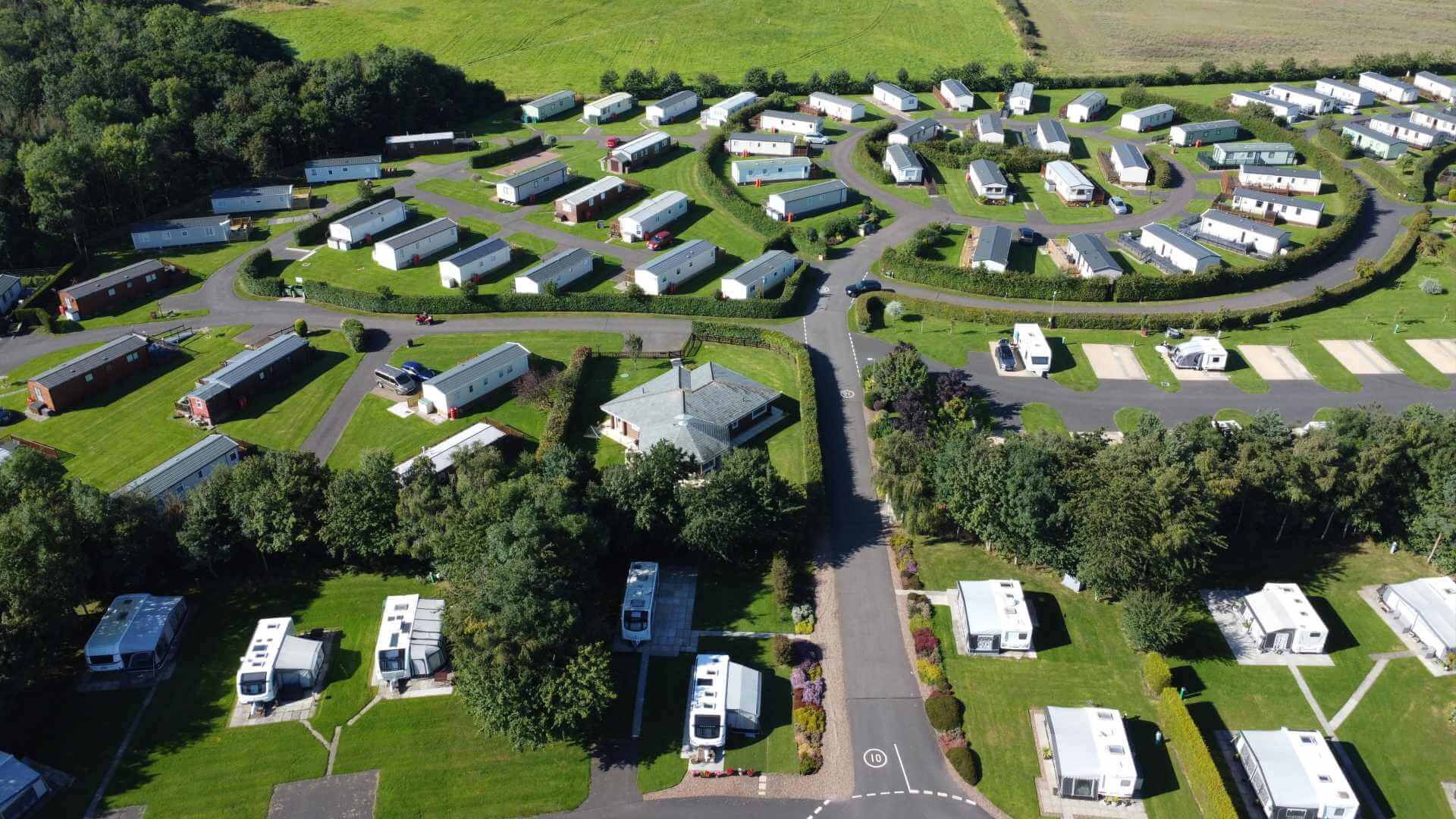Caravan parks and holiday parks face unique risks, with flooding being one of the most devastating threats to both business operations and …
Caravan Park Employers Liability Insurance: Protecting Staff in Holiday Park Operations
Running a caravan park involves managing diverse operations from site maintenance and customer service to security and facility management. With seasonal staff, maintenance crews, cleaning teams, and administrative personnel working across your holiday park, employers liability insurance becomes crucial protection for your business. This comprehensive guide explores everything caravan park owners need to know about employers liability insurance, from legal requirements to coverage specifics and risk management strategies.
What is Caravan Park Employers Liability Insurance?
Caravan park employers liability insurance is a specialized form of coverage designed to protect holiday park operators against claims made by employees who suffer injury, illness, or death arising from their work. This insurance covers legal costs, compensation payments, and associated expenses when staff members are harmed during the course of their employment at your caravan park.
Unlike general business insurance, employers liability insurance specifically focuses on your duty of care toward employees, contractors, and temporary workers operating within your holiday park environment. The coverage extends beyond simple workplace accidents to include occupational illnesses, stress-related claims, and injuries resulting from inadequate training or supervision.
Legal Requirements for Caravan Park Operators
Under UK law, employers liability insurance is mandatory for most businesses employing staff, and caravan parks are no exception. The Employers' Liability (Compulsory Insurance) Act 1969 requires caravan park operators to maintain minimum coverage of £5 million per claim, though many insurers now provide £10 million as standard.
Failure to maintain adequate employers liability insurance can result in fines of up to £2,500 per day, making compliance essential for caravan park operations. The certificate of insurance must be displayed prominently where employees can easily see it, typically in staff areas or the main office.
Caravan park operators must also comply with the Health and Safety at Work Act 1974, which places additional responsibilities on employers to ensure staff safety. This legislation works alongside employers liability insurance to create a comprehensive framework for employee protection in holiday park environments.
Common Workplace Risks in Caravan Parks
Caravan parks present unique workplace hazards that increase the importance of comprehensive employers liability coverage. Understanding these risks helps park operators implement effective safety measures and ensure adequate insurance protection.
Maintenance and Groundskeeping Hazards
Maintenance staff face numerous risks including ladder falls while cleaning gutters or repairing roofs, cuts from power tools during site improvements, and back injuries from heavy lifting. Groundskeeping activities involve exposure to chemicals, machinery accidents with mowers and strimmers, and slip hazards on wet grass or uneven terrain.
Customer Service and Reception Risks
Reception staff may experience repetitive strain injuries from computer work, stress-related illnesses from dealing with difficult customers, and potential violence from intoxicated or aggressive guests. Evening and weekend shifts can present additional security concerns, particularly during peak holiday seasons.
Cleaning and Housekeeping Dangers
Cleaning staff encounter chemical exposure risks from sanitizers and detergents, slip hazards in wet bathrooms and shower blocks, and potential needle stick injuries in public areas. The physical demands of cleaning multiple units daily can lead to musculoskeletal injuries and chronic pain conditions.
Security and Night Shift Hazards
Security personnel face unique risks including potential violence from intruders or disruptive guests, lone working dangers during night patrols, and exposure to weather conditions during outdoor security rounds. The isolated nature of many caravan parks can increase response times for emergency situations.
Seasonal and Temporary Worker Considerations
Many caravan parks employ seasonal staff during peak holiday periods, creating additional employers liability considerations. Temporary workers may lack familiarity with site-specific hazards, require additional training, and face increased accident risks due to inexperience.
Coverage Provided by Employers Liability Insurance
Comprehensive employers liability insurance for caravan parks typically includes several key coverage areas designed to protect both employees and business operators.
Injury and Accident Claims
The primary coverage protects against compensation claims when employees suffer physical injuries during work activities. This includes immediate medical expenses, ongoing treatment costs, rehabilitation expenses, and compensation for pain and suffering. Coverage extends to both minor injuries requiring first aid and serious accidents resulting in permanent disability.
Occupational Illness Protection
Long-term exposure to workplace hazards can result in occupational illnesses that develop over time. Employers liability insurance covers claims related to respiratory conditions from chemical exposure, repetitive strain injuries from manual handling, and stress-related mental health conditions arising from work pressures.
Legal Defense Costs
When employees make claims against your caravan park, legal defense costs can quickly escalate. Employers liability insurance covers solicitor fees, court costs, expert witness expenses, and other legal expenses associated with defending claims. This protection applies even when claims are ultimately unsuccessful.
Fatal Accident Coverage
In the tragic event of a workplace fatality, employers liability insurance provides coverage for compensation payments to dependents, funeral expenses, and legal costs associated with coroner's inquests and potential criminal proceedings.
Factors Affecting Caravan Park Insurance Premiums
Several factors influence the cost of employers liability insurance for caravan park operations, and understanding these can help operators manage their insurance expenses effectively.
Park Size and Employee Numbers
Larger caravan parks with more employees typically face higher insurance premiums due to increased exposure to potential claims. However, economies of scale may apply, with per-employee costs potentially decreasing for larger operations with established safety procedures.
Seasonal Employment Patterns
Parks employing significant numbers of seasonal workers may face higher premiums due to increased training requirements and higher accident rates among temporary staff. Insurers consider the turnover rate and experience levels of seasonal employees when calculating premiums.
Safety Record and Claims History
Caravan parks with excellent safety records and minimal previous claims typically receive more favorable premium rates. Conversely, operations with frequent accidents or significant previous claims may face higher costs or coverage restrictions.
Risk Management Measures
Insurers often provide premium discounts for caravan parks implementing comprehensive risk management programs. These may include regular safety training, documented safety procedures, incident reporting systems, and proactive hazard identification processes.
Choosing the Right Coverage Level
While £5 million represents the legal minimum for employers liability insurance, many caravan park operators choose higher coverage limits to ensure adequate protection against serious claims.
Standard Coverage Options
Most insurers offer employers liability coverage ranging from £5 million to £50 million per claim. For small to medium-sized caravan parks, £10 million coverage typically provides adequate protection while remaining cost-effective.
Unlimited Coverage Considerations
Some insurers offer unlimited employers liability coverage, which can provide peace of mind for larger operations or those operating in high-risk environments. While more expensive, unlimited coverage eliminates concerns about claim limits during serious incidents.
Aggregate vs. Per Claim Limits
Understanding whether your policy provides per-claim limits or aggregate annual limits is crucial. Per-claim limits apply to each individual incident, while aggregate limits cap total annual payouts across all claims.
Risk Management Strategies for Caravan Parks
Implementing effective risk management strategies not only improves employee safety but can also reduce insurance premiums and demonstrate due diligence in duty of care responsibilities.
Comprehensive Safety Training Programs
Regular safety training should cover general workplace safety, specific hazards relevant to each job role, emergency procedures, and equipment operation. New employee induction programs should include thorough safety orientation before staff begin work activities.
Regular Safety Inspections and Audits
Systematic safety inspections help identify potential hazards before they result in accidents. Monthly inspections should cover all work areas, equipment condition, and safety procedure compliance. Annual professional safety audits provide independent assessment of risk management effectiveness.
Incident Reporting and Investigation
Prompt incident reporting and thorough investigation help prevent similar accidents and demonstrate proactive safety management. All incidents, regardless of severity, should be documented and investigated to identify root causes and preventive measures.
Personal Protective Equipment Programs
Ensuring appropriate PPE is available, properly maintained, and consistently used reduces injury risks significantly. Regular PPE inspections and replacement schedules help maintain equipment effectiveness.
Working with Insurance Providers
Developing a strong relationship with your insurance provider can improve coverage outcomes and potentially reduce costs through better risk understanding and tailored policy features.
Policy Review and Updates
Annual policy reviews ensure coverage remains adequate as your caravan park operations evolve. Changes in employee numbers, operational activities, or site facilities may require coverage adjustments.
Claims Management Support
Effective claims management minimizes disruption to your business while ensuring injured employees receive appropriate support. Many insurers provide claims management services to guide you through the process.
Risk Assessment Assistance
Some insurers offer risk assessment services to help identify potential hazards and recommend safety improvements. These services can be particularly valuable for new caravan park operators or those expanding their operations.
Integration with Other Insurance Policies
Employers liability insurance works alongside other essential coverages to provide comprehensive protection for caravan park operations.
Public Liability Insurance Coordination
While employers liability covers employee injuries, public liability insurance protects against claims from guests and visitors. Understanding the boundaries between these coverages ensures complete protection without unnecessary overlap.
Professional Indemnity Considerations
Caravan park operators providing advice or services to guests may require professional indemnity insurance alongside employers liability coverage. This is particularly relevant for parks offering activity instruction or specialized services.
Property and Business Interruption Integration
Coordinating employers liability insurance with property and business interruption coverage ensures seamless protection when workplace accidents affect business operations or property damage impacts employee safety.
Regulatory Compliance and Documentation
Maintaining proper documentation and regulatory compliance supports both insurance coverage and legal requirements for caravan park operations.
Health and Safety Documentation
Comprehensive health and safety documentation demonstrates due diligence and supports insurance claims when necessary. This includes risk assessments, safety procedures, training records, and incident reports.
Employment Law Compliance
Ensuring compliance with employment law requirements supports employers liability coverage and reduces the risk of additional legal complications during claims processes.
Regular Policy Certificate Updates
Maintaining current insurance certificates and ensuring proper display meets legal requirements and demonstrates ongoing compliance to employees and regulatory authorities.
Conclusion
Employers liability insurance represents essential protection for caravan park operators, providing financial security against employee injury claims while demonstrating commitment to staff welfare. The unique risks present in holiday park environments make specialized coverage particularly important for comprehensive protection.
By understanding coverage options, implementing effective risk management strategies, and working closely with experienced insurance providers, caravan park operators can ensure adequate protection while potentially reducing insurance costs through improved safety performance.
The investment in comprehensive employers liability insurance and proactive risk management pays dividends through reduced accident rates, improved staff morale, and protection against potentially devastating financial claims. For caravan park operators, this coverage represents not just legal compliance but sound business practice in an industry where employee safety directly impacts operational success.
Regular review and updates of both insurance coverage and safety procedures ensure continued protection as your caravan park business evolves and grows, providing the foundation for sustainable and successful holiday park operations.


 0330 127 2333
0330 127 2333
